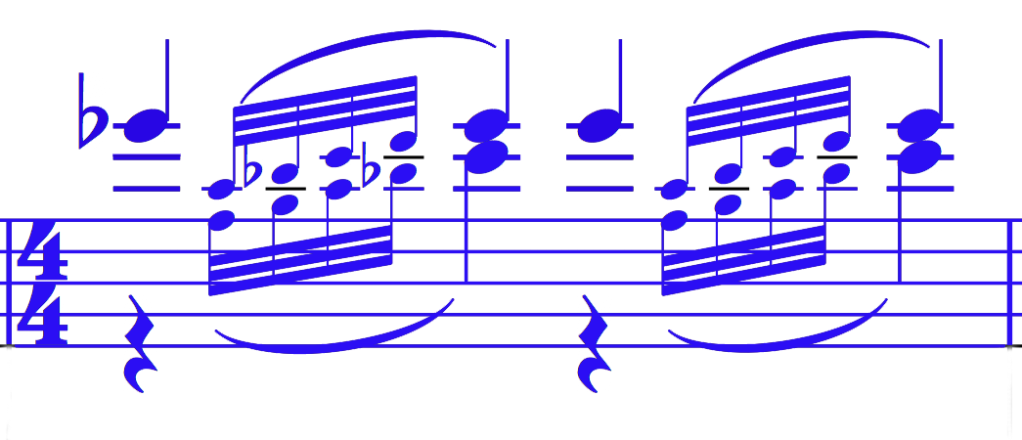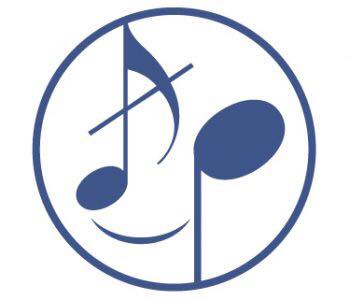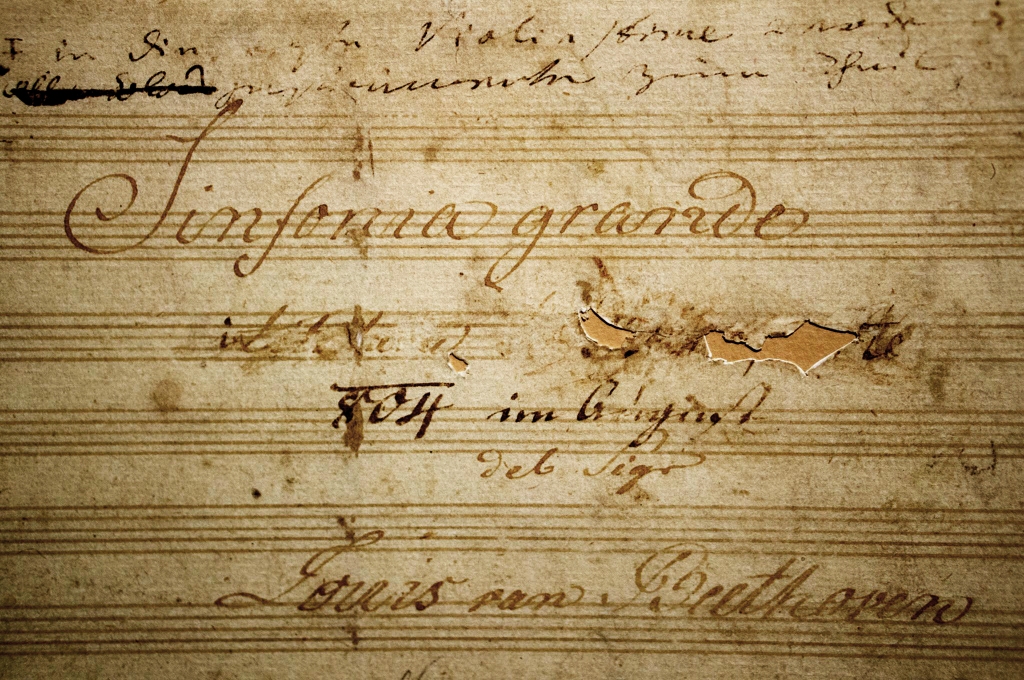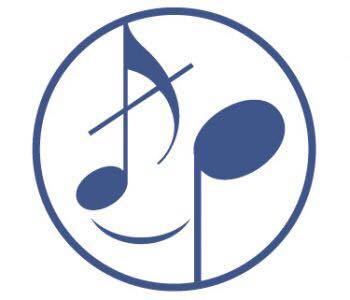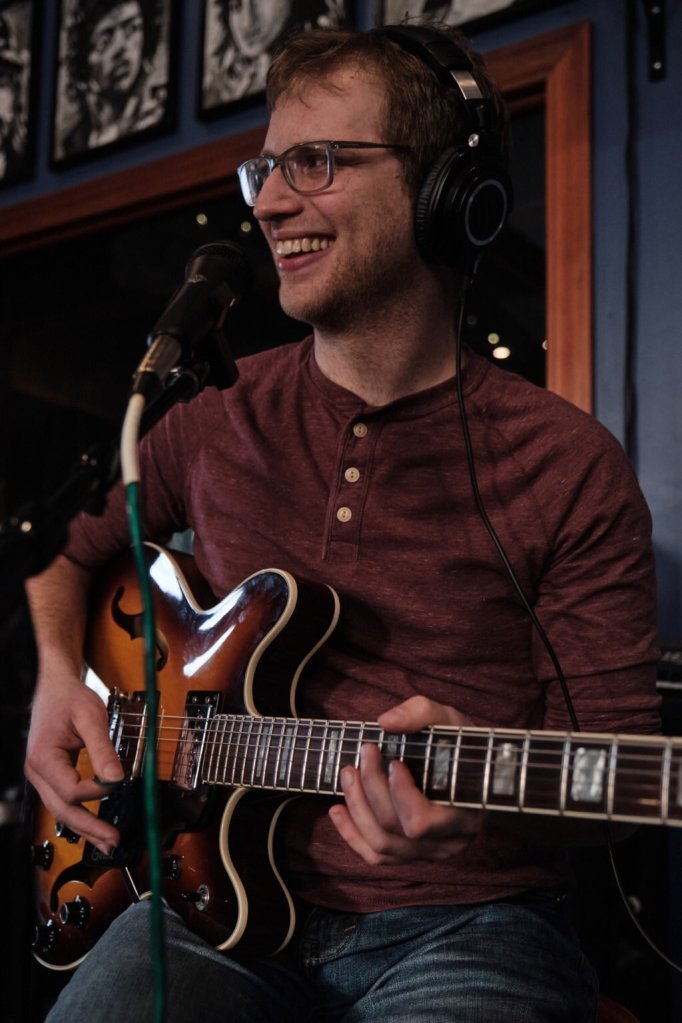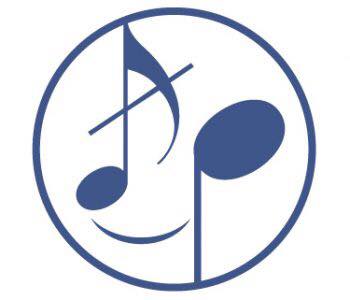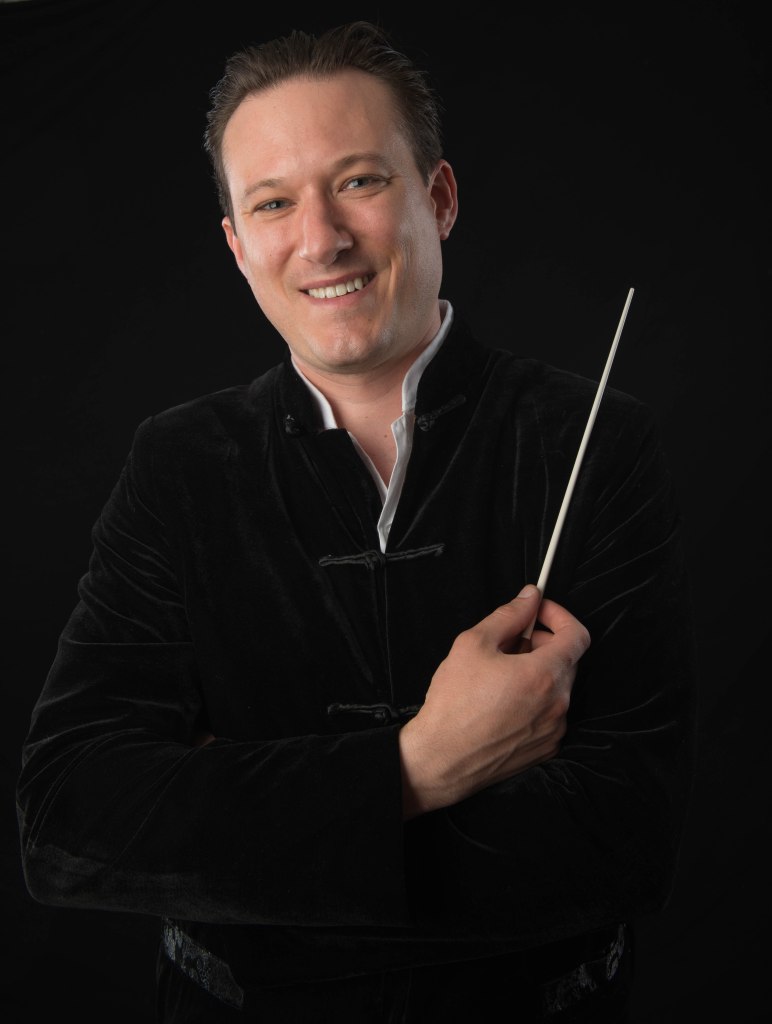Popular themes of the 2023 Holidays include the solstice and music of the Baroque
By Peter Alexander Nov. 29 at 2:41 p.m.
The Longmont Symphony and Boulder Ballet start their 2023 series of Nutcracker performances Saturday afternoon (1 p.m. Dec. 2) at Vance Brand Civic Auditorium with their annual “Gentle Nutcracker.”
A shortened, sensory-friendly performance designed for neurodiverse individuals, their families and caregivers, the “Gentle Nutcracker” is approximately 90 minutes in length.
That special presentation will be followed by two full performances Saturday and Sunday of Tchaikovsky’s beloved ballet, with the Christmas party, the Nutcracker Prince, “The Dance of the Sugar Plum Fairy,” and all the other features that have made both the music and the ballet a Holiday favorite (4 p.m. Saturday, Dec. 2 and 2 p.m. Sunday, Dec. 3; details below).
NOTE At the time of writing, there are only a few seats left, mostly in the balcony. There is no guarantee that tickets will be available by the time this story appears.
– – –
Longmont Symphony Orchestra, Elliot Moore, conductor
Boulder Ballet
“Gentle Nutcracker”
1 p.m. Saturday, Dec. 2 NOW SOLD OUT
Vance Brand Civic Auditorium
TICKETS
Tchaikovsky: The Nutcracker Ballet
4 p.m. Saturday, Dec. 2
2 p.m. Sunday, Dec. 3
Vance Brand Civic Auditorium
TICKETS
* * * * *
Conductor Cynthia Katsarelis and the Pro Musica Colorado Chamber Orchestra will present the Christmas portion of Handel’s Messiah Saturday (7:30 p.m. Dec. 2) at Mountain View Methodist Church (details below).
In addition to the Christmas section, chorus and orchestra will perform the much loved “Hallelujah” chorus from Messiah. The program opens with “Adoration” by Florence Price and Mozart’s Divertimento in D major, K136.
The Christmas portion of Messiah is one of three major divisions of the work. It comprises 21 separate movements including the opening Overture, choruses including “For unto us a Child is Born” and “Glory to God,” recitatives, and arias for soprano, tenor and bass soloists. Pro Musica will be joined by the Boulder Chamber Chorale and soloists Jennifer Bird-Arvidsson, soprano; Nicole Asel, alto; Steven Soph, tenor; and Ashraf Sewailam, bass.
– – –
Pro Musica Colorado Chamber Orchestra, Cynthia Katsarelis, conductor
With the Boulder Chamber Chorale and Jennifer Bird-Arvidsson, soprano; Nicole Asel, alto; Steven Soph, tenor; and Ashraf Sewailam, bass
- Florence Price: Adoration
- W.A. Mozart: Divertimento in D major, K136
- G.F. Handel: Messiah, Part I
- —“Hallelujah” chorus
7:30 p.m. Saturday, Dec. 2
Mountain View Methodist Church, 355 Ponca Place, Boulder
TICKETS
* * * * *
The CU College of Music presents its annual Holiday Festival this coming weekend, Friday through Sunday in Macky Auditorium (Dec. 8–10; details below).
One of the most popular Holiday events in Boulder, the Holiday Festival features numerous ensembles from the College of Music, each presenting their own selections. Featured groups in this year’s program are the Chamber singers, the Holiday Festival Chorus made up of singers from several groups in the college, the Holiday Festival Orchestra, the Trombone Choir, Holiday Festival Brass, Holiday Festival Jazz, and the West African Highlife Ensemble.
NOTE: At the time of writing, there are limited tickets available for the four performances of the Holiday Festival program. Performances generally sell out, so interested persons should check the CU Presents Web page for availability.
– – –
Holiday Festival, Donald McKinney, artistic director
CU College of Music Ensembles
Chamber Singers, Leila Heil, conductor
Noelle Romberger, graduate conductor
Holiday Festival Chorus
Galen Darrough, Raul Dominguez and Jessie Flasschoen, conductors
Jun Young Na and Noelle Romberger, graduate conductors
Holiday Festival Orchestra, Gary Lewis, music director
With Donald McKinney and Nelio Zamorano, conductors
Trombone Choir, Sterling Tanner, conductor
Holiday Festival Jazz, Brad Goode, director
Holiday Festival Brass, Lauren Milbourn, conductor
West African Highlife Ensemble, Maputo Mensah, director
7:30 p.m. Friday, Dec. 8
1 and 4 p.m. Saturday, Dec. 9
4 p.m. Sunday, Dec. 10
Macky Auditorium
TICKETS
* * * * *
Cellist Charles Lee, the principal cellist of the Boulder Philharmonic Orchestra, will join Ars Nova Singers and conductor Tom Morgan for “Evergreen,” the latest edition of their annual celebration of the winter solstice.
The program will be presented four times, once in Longmont (Saturday, Dec. 9), once in Denver (Sunday, Dec. 10) and twice in Boulder (Thursday and Friday, Dec. 14 and 15; times and locations below). The program includes music by the medieval Benedictine abyss Hildegard Bingen, the English Renaissance master William Byrd, and the north German early Baroque composer Heironymus Praetorius.
Not to be confused with his better known younger contemporary Michael Praetorius, Heironymus is known for his elaborate multi-voices motets. Also on the program are more contemporary works by the living composers Eriks Esenvalds, Jocelyn Hagan and Taylor Scott Davis.
In a written news release, Morgan sets the stage for this concert timed to nearly coincide with the solstice, writing: “Dark and light, motion and stasis, intimate and universal, deeply familiar and refreshingly new—our season searches for the balance point in all of these, through the power and majesty of the human voice.”
– – –
Ars Nova Singers, Tom Morgan, director
With Charles Lee, cello
“Evergreen”
- Hildegard of Bingen: O frondens virga
- Two 15th century English carols
- Heoronymus Praetorius: In dulci jubilo (à 8)
- William Byrd: O magnum mysterium
- Ola Gjeilo: Serenity (O Magnum mysterium)
- Andrea Casarrubios: Caminante
- Taylor Scott Davis: Solstice
- Eriks Esenvalds: Rivers of Light
- Jocelyn Hagen: Mother’s Song
- Dan Forrest: The Sun Never Says
- Michael Head: The Little Road to Bethlehem
- Arrangements of Holiday songs by Tom Morgan, Joanna Forbes, Alexander L’Estrange and others
7:30 p.m. Saturday, Dec. 9
United Church of Christ, 1500 9th Ave., Longmont
12:30 p.m. Sunday, Dec. 10
St. Paul Lutheran Church, 1660 Grant. St., Denver
7:30 p.m. Thursday, Dec. 14 and Friday, Dec. 15
Mountain View United Methodist Church, 355 Ponca Place, Boulder
TICKETS
* * * * *
CU Presents will round out the university’s holiday performances with Christmas with the Canadian Brass at 7:30 p.m. Tuesday, Dec. 13 in Macky Auditorium.
The Canadian Brass generally announce their program from the stage. Nonetheless, the Christmas set list is more predictable and will likely feature some Canadian Brass favorites, including “Ding Dong Merrily on High,” evergreen Holiday music including “White Christmas” and “Carol of the Bells,” and jazzy arrangements including “Glenn Miller Christmas.”
Founded in 1970, the Canadian Brass has been a recognized and esteemed part of the musical scene for more than 50 years. Touring world-wide, they have made the repertoire of chamber music for brass, and specifically brass quintets, widely appreciated.
There is still one original member of the quintet, tubist Chuck Dellenbach, while other members have joined over the years. The most recent addition, making her Canadian Brass debut this year, is trumpet player Ashley Hall-Tighe, who first met the members of the Canadian Brass in 2001 as a student in their chamber music residency at the Music Academy of the West.
With more than 10 Christmas albums, the Canadian Brass are especially well known for their holiday performances. Their total recording history currently totals more than 130 albums and more than 2 million sold worldwide.
NOTE: At the time of writing, there are limited tickets available.
– – –
Canadian Brass
“Christmas with the Canadian Brass”
- Program to be announced from the stage may include:
- “Ding Dong Merrily on High” (arr. Henderson)
- Gabrieli: Canzona per sonare No. 4
- “White Christmas” (arr. Henderson)
- Mykola Leondovich: “Carol of the Bells” (arr. McNeff)
- Vince Guaraldi: “Christmas Time is Here” (arr. Ridenour)
- Glenn Miller: “Glenn Miller Christmas” (arr. Dedrick)
7:30 p.m. Wednesday, Dec. 13
Macky Auditorium
TICKETS
* * * * *
The Longmont Symphony will look back to the 18th century for Candlelight: A Baroque Christmas at 4 p.m. Saturday, Dec. 16, in Vance Brand Civic Auditorium.
Under the direction of Elliot Moore, the featured work on the program will be the Gloria of Antonio Vivaldi. Composed around 1715, it is one of the Venetian composer’s most frequently performed works. Its 12 movements, divisions of the “Gloria” text from the Catholic Mass ordinary, call for chorus, orchestra, and soprano and alto soloists.
Celebrating the holiday season, the Candlelight Concert has long been a part of the Longmont Symphony’s season. There will be candles again this year, although the orchestra has announced that they will be battery-operated this year, rather than relying on a flame.
– – –
Longmont Symphony and Chorus, Elliot Moore, conductor
“Candlelight: A Baroque Christmas”
- Corelli: Concerto Grosso
- Handel: “Rejoice greatly” from Messiah
- Scarlatti: Christmas Cantata for soprano and strings
- Vivaldi: Gloria
4 p.m. Saturday, Dec. 16
Vance Brand Civic Auditorium
TICKETS
* * * * *
All the choirs of the Boulder Chorale and Boulder Children’s Chorale will join together to present “Season of Light,” their annual concert of music for the holidays, Saturday and Sunday (Dec. 16 and 17; details below).
The concert title refers to the tradition found in many different cultures to use light to counteract the dark of winter and forecast the return of the light in the weeks to come. In the words of the Boulder Chorale’s press information, the program “traces the history and development of many of the world’s most endearing holiday customs, all of which involve lighting up the winter season—from the burning Yule log, sparkling Christmas tree lights and candles in windows, to the lighting of luminaries (often called luminarias) in the American Southwest and the traditional ritual of the Hanukkah menorah.”
Tickets are available both at the door and through the Boulder Chorale Web page. The Sunday performance will also be presented through live streaming, available at the same Web page.
– – –
Boulder Chorale, Vicki Burrichter, artistic director
With Boulder Children’s Chorales, Nathan Wubbena, artistic director
“Season of Light”
Children’s Chorale Bel Canto
Nathan Wubbena, conductor
- John Rutter: “Angels’ Carol”
- Flory Jagoda: “Ocho Kandelikas” (arr. Joshua Jacobson)
Children’s Chorale Volante
Kiimberly Dunninger, conductor
- Franklin J. Willis: “Be the Light “
- Robert Cohen and Ronald Cadmus: “The Joy of Simple Things”
Chamber Chorale
Vicki Burrichter, conductor
- John Newell: “Light of Heaven” (text based on the Buddhist vajra guru mantra)
Chamber Choir, Bel Canto and Volante
Nathan Wubbena, conductor
- Ryan Main: “Go! Said the Star”
Children’s Choir Piccolini
Melody Sebald, conductor
- “Winter Canon” (arr. Andy Beck)
- John Henry Hopkins Jr.: “We Three Kings”
Children’s Choir Prima Voce
Anna Robinson, conductor
- Ruth Ann Schram: “Winter Solstice”
- “This Little Light of Mine” (arr. Masa Fukuda)
Concert Chorale
Vicki Burrichter, conductor
- Enya and Nicky Ryan: “Amid the Falling Snow” (words by Roma Ryan, arr. Audry Snyder)
- Craig Carnahan: “Dancing on the Edges of Time” (words by Rabindranath Tagore)
- Stephanie K. Andrews : “On Compassion” (words by the 14th Dalai Lama Tenzin Gyatso)
Combined Choirs
Kim Dunninger and Vicki Burrichter, conductors
- Benji Pasek and Justin Paul: “Do a Little Good” (from Spirited)
- Franz Gruber/David Kantor: “Night of Silence” (includes “Silent Night”; arr. Nathan Wubbena; Spanish text by Cynthia Garcia-Barrera)
4 p.m. Saturday and Sunday, Dec. 16 and 17
First United Methodist Church, 1421 Spruce St., Boulder
TICKETS
* * * * *
The Boulder Chamber Orchestra will combine its holiday celebration with the music of Beethoven in a program featuring pianist Adam Zukiewicz.
Their “Holidays Celebration with Beethoven” will be at 7:30 p.m. Saturday, Dec. 16 in the Boulder Seventh-Day Adventist Church. Zukiewicz will perform Beethoven’s Piano Concerto No. 2 with the orchestra and conductor Bahmann Saless.
Other works on the program are Mozart’s Overture to The Marriage of Figaro, conducted by Nadia Artman; Chocolats Symphoniques (Symphonic chocolates) by Maxime Goulet; and the world premiere of the Concerto for Flute and Orchestra by Sylvie Bodrova with the BCO’s principal flutist Cobus DuToit as soloist.
Part of the reason for combining the holiday music with Beethoven is that the composer’s birthday is believed to be Dec. 16. The date is not certain, since the only documents record his baptism on Dec. 17, but the birthday is traditionally observed on Dec. 16. That would make Dec. 16, the date of the concert, the 253rd anniversary of his birth.
As it happens, the full 2023–24 season has three of Beethoven’s five piano concertos listed. the Third Concerto was played by Petar Klasan Sept. 1, and the Concerto No. 5 (“Emperor:) will be performed with the BCO by Jennifer Hayghe Feb 3 (7:30 p.m., Boulder Seventh-Day Adventist Church).
Goulet’s Chocolats Symphoniques was previously performed by the BCO on their holidays concert in 2021. The work’s four movements refer to four different flavors of chocolate: “Caramel Chocolate,” “Dark Chocolate,” “Mint Chocolate” and “Coffee-infused Chocolate.”
– – –
Boulder Chamber Orchestra, Bahman Saless, conductor
With Cobus DuTois, flute, and Adam Zukiewicz, piano
Nadia Artman, conductor
“Holidays Celebration with Beethoven”
- Mozart: Overture to The Marriage of Figaro
- Maxime Goulet: Chocolats Symphoniques (Symphonic chocolates)
- Sylvie Bodorova: Concerto for Flute and Orchestra (world premiere)
- Beethoven: Concerto No. 2 for Piano and Orchestra
7:30 p.m. Saturday, Dec. 16
Boulder Seventh-Day Adventist Church, 345 Mapleton Avenue
TICKETS
* * * * *
The Boulder Bach Festival (BBF) will present “Handel’s Messiah Reimagined” in their very own version, based on an edition created by music director Zachary Carrettin.
Messiah will be performed by a string orchestra from the BBF’s Compass Resonance (CORE) Ensemble with harpsichord and chamber organ continuo and a 16-voice choir. Five featured solo singers will also perform within the chorus. The entire performance will be presented without conductor.
The program also incudes two a cappella vocal works and a violin concerto b Antonio Vivaldi. The concerto will be played by BBF’s artistic director, Zachary Carrettin, with Baroque guitar continuo played by Keith Barnhart.
– – –
Boulder Bach Festival CORE ensemble
Mara Riley, soprano; Sarah Moyer, soprano; Claire McCahan, mezzo-soprano;
Daniel Hutchings, tenor; and Adam Ewing, baritone
With Zachary Carrettin, violin, and Keith Barnhart, Baroque guitar
“A Baroque Christmas: Handel’s Messiah Reimagined”
4 p.m. Sunday, Dec. 17
Gordon Gamm Theater, Dairy Arts Center, Boulder
TICKETS








